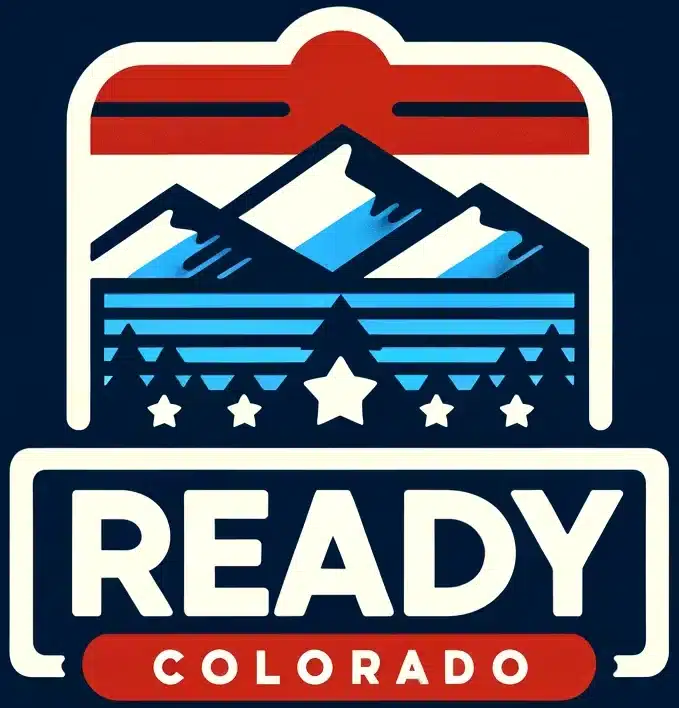Colorado’s legal system is built upon a foundation of state and federal laws, with the Colorado Constitution serving as the state’s supreme law. This unique legal landscape shapes Colorado residents’ daily lives and educational opportunities in numerous ways.
In This Article
TL;DR
- Colorado's legal framework is based on the state constitution and a combination of state and federal laws.
- State laws significantly impact various aspects of life, including civil rights, family matters, employment, education, and estate planning.
- Colorado offers a range of legal education and assistance resources, empowering residents to navigate the legal system effectively.
Understanding Colorado’s Legal Landscape
The Constitution and State Governance
The Colorado Constitution, ratified in 1876, establishes the state government’s structure and outlines its citizens’ rights and responsibilities. The constitution has been amended several times to address evolving societal needs and values. The state government, consisting of the legislative, executive, and judicial branches, plays a crucial role in creating, enforcing, and interpreting state laws.
Civil Rights and Liberties
Colorado law provides a range of civil rights protections, including anti-discrimination laws that prohibit discrimination based on race, color, religion, sex, national origin, disability, sexual orientation, and gender identity. These laws apply to various areas, such as employment, housing, and public accommodations, ensuring equal opportunities for all Coloradans.
Family and Employment Law in Colorado
Marriage, Divorce, and Family Law
Colorado recognizes both traditional and same-sex marriages, with the state’s marriage equality law taking effect in 2014. In divorce proceedings, Colorado family law follows the principle of equitable distribution, which aims to divide marital property fairly between spouses. Child custody determinations prioritize the child’s best interests, considering factors such as parental fitness and the child’s relationship with each parent.
Employment Laws and Worker Rights
Colorado’s employment laws provide various protections for workers, including a minimum wage higher than the federal minimum wage. The state also has robust anti-discrimination laws prohibiting employment discrimination based on protected characteristics. Employers must adhere to workplace safety regulations and provide workers’ compensation insurance to cover job-related injuries and illnesses.
Criminal Law and Public Safety
Criminal Justice System in Colorado
Colorado’s criminal justice system is comprised of law enforcement agencies, courts, and correctional facilities. The Colorado State Patrol and local police departments enforce state and local laws, while the Colorado Bureau of Investigation handles major crimes and provides support to other agencies. Criminal proceedings follow established legal processes, and defendants have the right to legal criminal defense representation and a fair trial.
Public Safety and Gun Laws
Colorado has a mix of permissive and restrictive gun laws. The state allows the open carrying of guns without a permit but requires a background check for all gun sales, including private transactions. In recent years, Colorado has implemented several public safety initiatives to combat gun violence, such as the “Red Flag” law, which allows law enforcement to temporarily remove firearms from individuals deemed a significant risk to themselves or others.
Business and Taxation Laws
Starting and Operating a Business in Colorado
Colorado offers a business-friendly environment with a streamlined process for starting a new business. Entrepreneurs must choose a business structure, register with the Secretary of State, and obtain necessary licenses and permits. The state imposes various taxes on businesses, including income, sales, and use, with some local jurisdictions levying additional taxes.
Consumer Protection and Environmental Laws
Colorado has strong consumer protection laws that shield residents from unfair and deceptive business practices. The Colorado Consumer Protection Act prohibits false advertising, misrepresentation, and other fraudulent activities. The state also prioritizes environmental protection, with regulations governing air and water quality, waste management, and conservation efforts.
Education and Learning Laws
Public Education System and Regulations
Colorado’s public education system is governed by state laws and regulations, establishing educational standards, funding mechanisms, and accountability measures. The Colorado Department of Education oversees the state’s public schools, ensuring compliance with legal requirements and promoting student success. Students have the right to a free and appropriate public education, with state law protections against discrimination and bullying.
Higher Education and Lifelong Learning Opportunities
The state is home to various public and private colleges and universities, each subject to various laws and regulations. The Colorado Commission on Higher Education coordinates the state’s higher education system, setting policies and advocating for student access and success. Colorado also offers numerous opportunities for adult education and professional development, with programs tailored to meet the needs of lifelong learners.
Navigating Legal Assistance and Resources
Legal Aid and Pro Bono Services
Colorado provides a range of legal aid and pro bono services for individuals who cannot afford legal representation in Colorado courts. Organizations such as Colorado Legal Services and the Colorado Bar Association’s Pro Bono Program connect eligible clients with attorneys who offer free or low-cost legal assistance and legal advice. These services cover various legal issues, including family law, housing, and consumer protection.
Legal Education and Public Awareness
Colorado strongly emphasizes legal education and public awareness, with numerous organizations and initiatives dedicated to empowering residents with legal knowledge. The Colorado Bar Association offers public legal education programs, workshops, and resources on various legal topics. Law schools in the state also engage in community outreach, providing clinics and legal services to underserved populations.
FAQ
The following FAQs answer commonly asked questions about navigating Colorado’s laws.
What are the unique aspects of Colorado’s legal system?
Colorado’s legal system is characterized by its strong state constitution, robust civil rights protections, and a balance between state and federal laws. The state’s legal framework promotes equality, protects individual rights, and fosters a business-friendly environment.
How do Colorado’s gun laws compare to those of other states?
Colorado gun laws balance protecting Second Amendment rights and promoting public safety. While the state allows the open carrying of firearms without a permit, it also requires background checks for all gun sales and has implemented measures like the “Red Flag” law to address potential gun violence threats.
What rights do workers have under Colorado’s employment laws?
Colorado’s employment laws safeguard workers by establishing a higher minimum wage than the federal requirement, implementing anti-discrimination provisions, and mandating workers’ compensation insurance. Employers must comply with these regulations to guarantee a secure and equitable workplace for employees.
How does Colorado protect consumers and the environment?
Colorado has strong consumer protection laws, such as the Colorado Consumer Protection Act, which prohibits fraudulent and deceptive business practices. The state also prioritizes environmental protection, with regulations governing air and water quality, waste management, and conservation efforts.
What resources are available for legal assistance in Colorado?
Colorado offers various legal aid and pro bono services for individuals who cannot afford legal representation. Organizations like Colorado Legal Services and the Colorado Bar Association’s Pro Bono Program connect eligible clients with attorneys who provide free or low-cost legal assistance on a wide range of legal issues.






